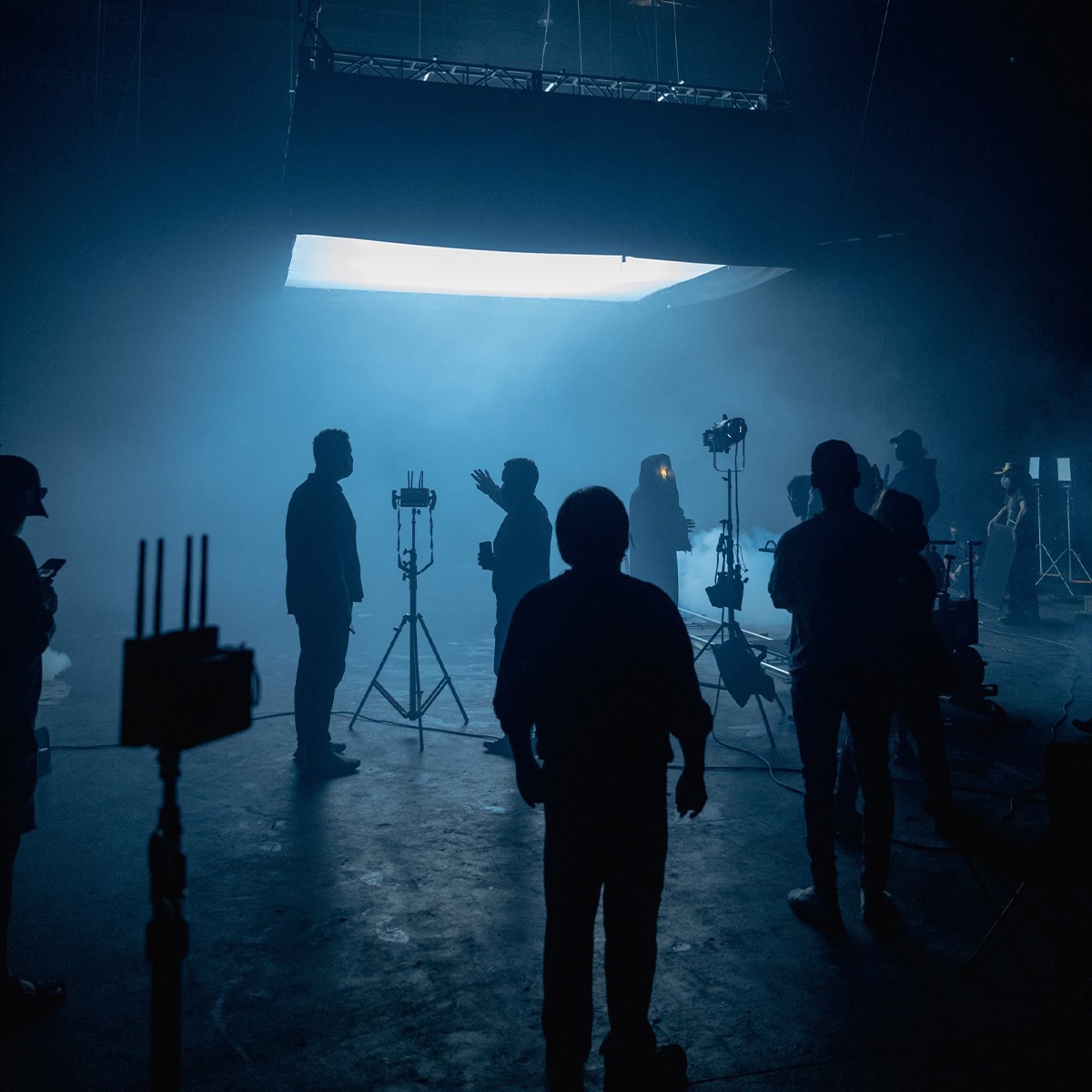Post Production Department
Film Crew Position: Color Grading

What does a Color Grading do?
Color Grading is a critical process within the post-production phase of filmmaking that involves adjusting and enhancing the color of the motion picture to create a specific visual tone and mood. It is a creative and technical practice where colorists work with the available footage to ensure color consistency, correct color imbalances, and apply stylistic color choices that support the narrative and visual storytelling of the film. The grading process can dramatically affect the visual impact and emotional response of the audience, making it an indispensable step in the finalization of a film's aesthetic.
What role does a Color Grading play?
The role of a Color Grading professional, often referred to as a colorist, is multifaceted and requires a keen eye for detail. Colorists collaborate with directors and directors of photography to understand their vision and ensure that the final product reflects the intended style and tone. Their responsibilities include balancing color hues, saturating or desaturating colors, creating depth and harmony within the scenes, and often working to fix issues that might have occurred during filming, such as inconsistencies in lighting. They employ specialized software and control surfaces to manipulate the image precisely and can also be tasked with creating looks or templates for different sequences or the entire film.
Do you need to go to college to be a Color Grading?
A formal college education is not strictly mandatory for a career in Color Grading, but many professionals might choose to attend film school or pursue degrees in related fields such as Digital Media Arts, Film Production, or Cinematography to gain foundational knowledge. What is crucial is a deep understanding of color theory, extensive training in color grading software like DaVinci Resolve or Adobe SpeedGrade, and hands-on experience gained through internships, apprenticeships, or working on independent projects. The combination of formal education and practical experience can be advantageous in developing the artistic sensibilities and technical skills required for this role.
What skills do you need to be a Color Grading?
The skills required for Color Grading encompass both creative artistry and technical proficiency. A colorist must have an excellent sense of color and visual aesthetics, a thorough understanding of color theory, and an ability to communicate effectively with other members of the production team. Proficiency in color grading software and tools is critical, as is an understanding of various video formats, codecs, and workflows. Additionally, a meticulous attention to detail, patience, and a problem-solving mindset are essential, as color grading often involves long hours of focused work to achieve the desired outcome. An aptitude for storytelling and the ability to work under tight deadlines while maintaining high-quality standards are also valuable in this field.
New to filmmaking?
Get Free Template
Use our budget template to get a kick start on your film project. Get access to dozens of templates no matter what type of project!
